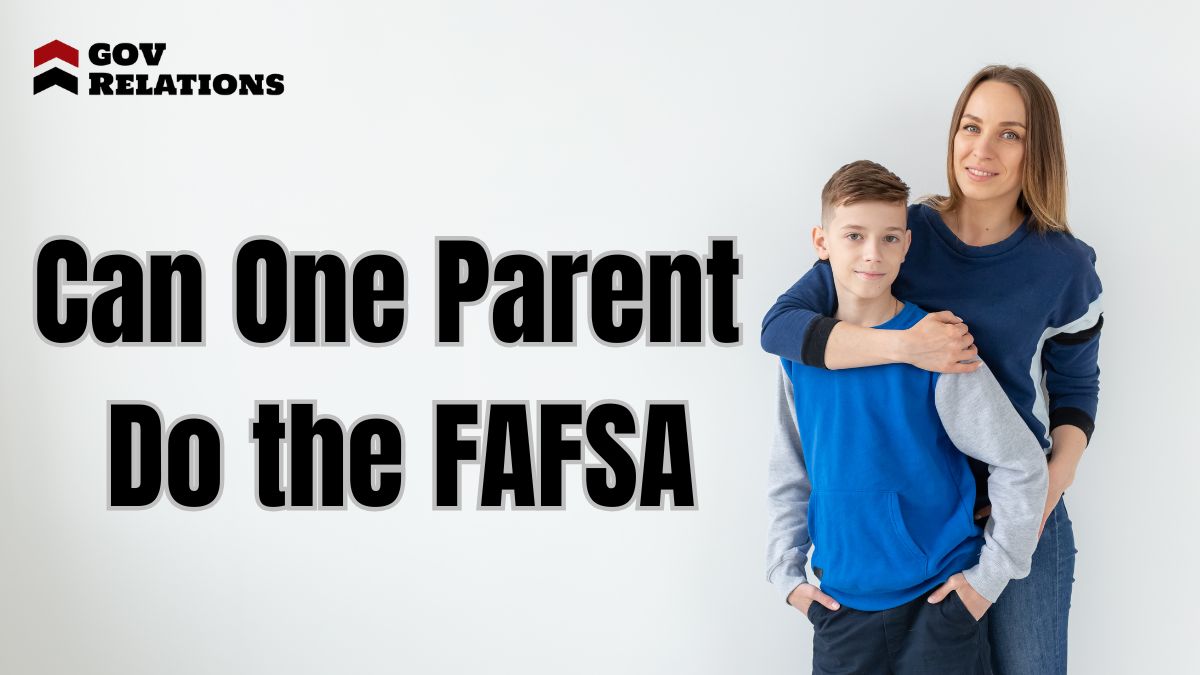When you start exploring how low-income housing works in Texas, you'll encounter a complex system involving federal, state, and local programs. Each plays an essential role in providing affordable housing options. Ever wonder how the Housing Choice Voucher Program helps families find homes in the private market or what the Texas Department of Housing and Community Affairs does with tax credits and grants? Local housing authoritiesOrganizations that fund affordable housing projects and community development initiatives. endeavor to make these programs accessible, but what does it take to qualify and apply? There's more to uncover about how these initiatives support communities in need.
Key Takeaways
- Texas offers various programs, including the Housing Tax Credit Program and HOME Investment Partnerships, to support affordable housing development and renovation.
- The Texas Department of Housing and Community Affairs oversees state initiatives for affordable housing and financing options.
- Local Housing Authorities manage and implement federal and state programs, ensuring low-income families access to affordable housing.
- Eligibility for low-income housing typically requires income at or below 50% of the area's median income.
- Applications are submitted to local Public Housing Authorities, often involving a waiting list due to high demand.
Federal Housing Programs

Federal housing programs play an essential role in providing affordable housing options for low-income families in Texas. As someone steering through the complexities of housing assistance, you should be aware of programs like the Housing Choice Voucher Program, commonly known as Section 8. This program allows you to find housing in the private market while receiving financial support to cover a portion of your rent. By working directly with landlords, you can secure a safe and affordable place to live.
Another significant program is the Public Housing initiative, where the government owns and manages properties specifically for low-income families. You'll find these housing units are often located in communities, providing amenities and services designed to support your family's needs. Understanding eligibility and application processes is important, as demand often exceeds supply.
Moreover, the Low-Income Housing Tax Credit (LIHTC) encourages developers to create affordable housing by offering them tax credits. As a result, you might see new or renovated properties in your area that offer reduced rents for qualifying families.
State Housing Initiatives
When traversing the landscape of affordable housing in Texas, you'll find that state initiatives provide robust support alongside federal programs. The Texas Department of Housing and Community Affairs (TDHCA) spearheads these efforts, focusing on developing, financing, and maintaining affordable housing options for low-income residents.
They provide loans and tax credits to developers, incentivizing the construction and rehabilitation of affordable housing units across the state. One key program is the Housing Tax Credit Program, which attracts private investment. By offering tax incentives, you can encourage developers to build or renovate properties that cater to low-income families.
In addition, the TDHCA administers the HOME Investment Partnerships Program, which provides grants to assist in the construction and repair of affordable homes. Another initiative is the Texas Bootstrap LoanA sum of money borrowed that is expected to be paid back with interest. Program, designed to help low-income families achieve homeownership through self-help construction.
This program offers zero-interest loans, enabling participants to build or rehabilitate their homes. Texas also supports renters through the Section 811 Project Rental Assistance Program, which assists individuals with disabilities.
Local Housing Authorities
Numerous local housing authorities across Texas play an essential role in managing affordable housing at the community level. They're responsible for administering various federal and state programs that help make housing affordable for low-income families, seniors, and individuals with disabilities.
These authorities work closely with the U.S. Department of Housing and Urban DevelopmentEligibility for projects aimed at revitalizing urban areas and addressing urban-specific challenges.... (HUD) to implement the Housing Choice Voucher Program, commonly known as Section 8. This program allows eligible participants to choose their own housing while receiving financial assistance.
Local housing authorities don't just handle vouchers; they also oversee public housing developments. These developments provide rental units directly to those in need, guaranteeing they've access to safe, decent, and affordable homes.
By maintaining these properties and managing tenant relations, housing authorities help create stable communities.
Moreover, local housing authorities often collaborate with non-profit organizations and other government agencies to address housing shortages and improve living conditions.
They're instrumental in planning and executing community development projects, which may include building new affordable housing units or rehabilitating existing structures.
Eligibility and Application Process
Understanding the eligibility criteriaThe specific requirements and conditions that applicants must meet to qualify for a grant. and application process for low-income housing in Texas is vital for those seeking assistance. You'll need to meet specific income limits, which vary depending on the area and household size. Generally, your household income should be at or below 50% of the median income for your area. Check the U.S. Department of Housing and Urban Development (HUD) guidelines for exact figures.
Additionally, you'll need to provide proof of citizenship or eligible immigration status and pass a background check.
Once you confirm eligibility, the application process begins. Start by contacting your local Public Housing Authority (PHA) to obtain an application formA standardized document that applicants must complete and submit as part of the grant proposal, ofte.... Fill out the form accurately, providing all required documentation, such as proof of income, identification, and residency.
It's important to submit your application as soon as possible due to long waiting lists.
After submitting your application, the PHA will review it. They might conduct an interview to further assess your situation. If approved, you'll be placed on a waiting list, as housing isn't immediately available.
Keep your contact information up to date with the PHA to make sure you don't miss any opportunities when your turn arrives.
Types of Housing Assistance

In Texas, a variety of housing assistance options are available to help low-income families find affordable living situations.
One primary program you might consider is the Housing Choice Voucher Program, commonly known as Section 8. This program enables you to choose a rental home on the private market, with part of your rent covered by the government. You'll only need to pay 30% of your monthly income towards rent, making it more manageable.
Another option is Public Housing. This program offers government-owned housing units that are managed by local Public Housing Authorities (PHAs). These units are available at reduced rent based on your income. If you prefer a more community-oriented living environment, public housing might be ideal for you.
Additionally, the Low-Income Housing Tax Credit (LIHTC) program targets developers and landlords, incentivizing them to offer reduced rent. While you'll need to qualify based on income, this program expands your choices across various neighborhoods.
Finally, the Texas Section 811 Project Rental Assistance program supports those with disabilities by providing affordable and accessible homes.
Each option has its own requirements and benefits, so evaluate which best aligns with your needs and circumstances.
Conclusion
In Texas, you can find affordable housing through a variety of programs tailored to your needs. By tapping into federal and state resources, as well as local housing authorities, you're supported in securing a place to call home. Understanding the eligibility requirements and application process is key, so don't hesitate to explore options like the Housing Choice Voucher Program. With the right guidance, you're empowered to find suitable housing solutions that make a difference in your life.







